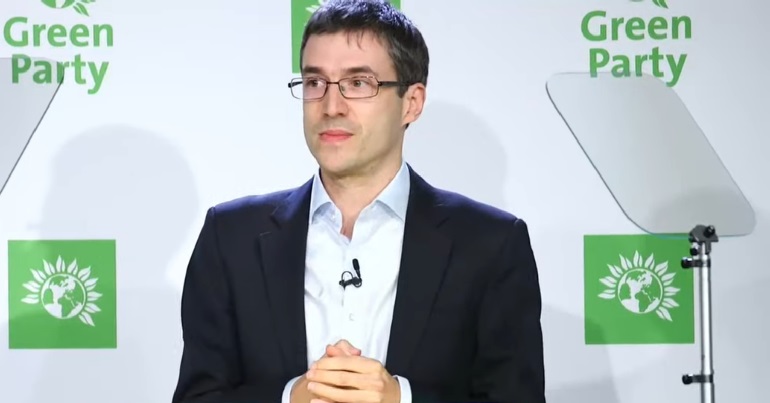A green ‘Plan B’ – why we need a low-carbon strategy out of recession
By Mark Watts, chair of the Environment session at this weekends Progressive London Conference, former environment adviser to Ken Livingstone
From 2000 to 2008 London became recognised for its world leading environmental policies, from the congestion charge and Low Emission Zone to the Mayor’s ground-breaking Climate Change Action Plan, culminating in London’s creation and leadership of the C40 climate group of the world’s largest cities.
This legacy has largely been squandered by Boris Johnson’s apathetic leadership, while economic recession has reduced the prominence of environmental issues.
Yet tackling climate change remains London and the world’s greatest long-term challenge, and air pollution, the privatisation of green spaces, and rising food and fuel prices all threaten Londoners’ immediate health and quality of life.
They also come with financial costs. For example, Britain faces significant fines from the European Union for failing to tackle air pollution in the capital – fines which could be passed down to London government under new legislation.
While there is rightly an immediate focus on reviving the economy, as the Green New Deal group and others have eloquently argued, in the medium to long term economic success can no longer be de-coupled from improving environmental performance.
Building a low-carbon economy requires investment, for example to replace ageing fossil fuel energy generation, to retrofit homes and offices to improve energy efficiency, and to install smart grid and other new information technology infrastructure that will give greater control to consumers over how they use energy and allow policy makers to better manage energy supply.
While there are significant financial costs associated with such infrastructural change, the cost of inertia will be much higher.
Britain has quite rightly been lauded internationally for setting some of the toughest carbon reduction targets in the world and enshrining them in law in the Climate Change Act. But progress towards actually delivering these targets has been slow.
Considerable expectation is now placed upon local and regional government to deliver, yet severe public spending cuts threaten their ability to invest in new infrastructure while existing services face closure.
A diverse range of speakers will discuss how to create a new, world-leading environmental agenda in London, that supports economic recovery and learns from the best policies being implemented elsewhere in the world.
Speakers: Darren Johnson, AM and Chair of the London Assembly Environment Committee (Green Party); Simon Birkett, Founder and Director Clean Air in London Campaign; Beatriz Souviron, Bolivian Ambassador to London; Liz Hutchins, Friends of the Earth
To find out more or register go to www.progressivelondon.org.uk



Leave a Reply